Filter by
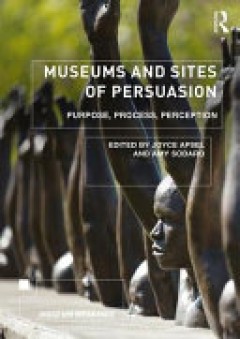
Museums and sites of persuasion : politics, memory and human rights
March 31, 2017 marked the centenary of the transfer of the Danish colony—the Danish West Indies (today’s US Virgin Islands)—to the US. During the 100 years that had passed, the history had only occasionally been revisited in Danish public debate and history books—often shaped as a postcolonial nostalgic longing for what was perceived as a paradise lost. Even less often had the history o…
- Edition
- 9
- ISBN/ISSN
- 9781138567818
- Collation
- xi, 232 p, ill
- Series Title
- -
- Call Number
- 323.075 JOY m
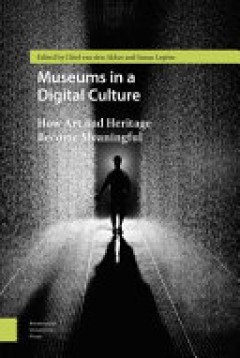
Museums in a digital culture : how art and heritage become meaningful
The experience of engaging with art and history has been utterly transformed by information and communications technology in recent decades. We now have virtual, mediated access to countless heritage collections and assemblages of artworks, which we intuitively browse and navigate in a way that wasn't possible until very recently. This collection of essays takes up the question of the cultural …
- Edition
- -
- ISBN/ISSN
- 9789089646613
- Collation
- -
- Series Title
- -
- Call Number
- 069.02854 VAN m
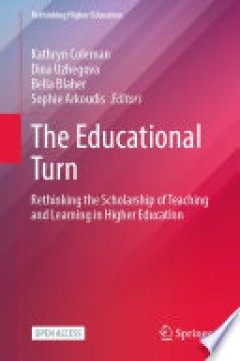
The educational turn : rethinking the scholarship of teaching and learning in…
This open access book explores how educational researchers working at the edges of innovations in languages and literacies, leadership, assessment, social and cultural transformation, and pedagogies rethink the educational turn in new sites. It engages with the Scholarship of Teaching and Learning (SoTL) for educational researchers to redefine ways of knowing about learning post-COVID and deepe…
- Edition
- -
- ISBN/ISSN
- 9789811989513
- Collation
- XX, 233 p
- Series Title
- -
- Call Number
- 708 KAT t
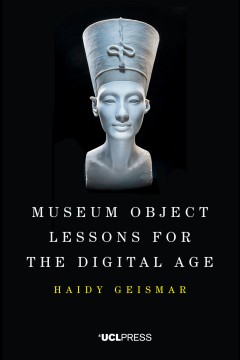
Museum object lessons for the digital age
Museum Object Lessons for the Digital Age explores the nature of digital objects in museums, asking us to question our assumptions about the material, social and political foundations of digital practices. Through four wide-ranging chapters, each focused on a single object – a box, pen, effigy and cloak – this short, accessible book explores the legacies of earlier museum practices of colle…
- Edition
- -
- ISBN/ISSN
- 9781787352810
- Collation
- xv, 139 p. ill;
- Series Title
- -
- Call Number
- 069.5 MUS H
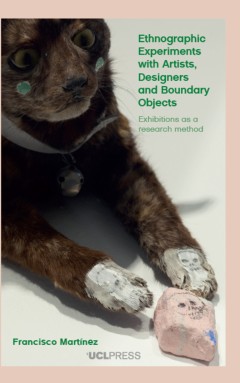
Ethnographic experiments with artists, designers and boundary objects : exhib…
Ethnographic Experiments with Artists, Designers and Boundary Objects is a lively investigation into anthropological practice. Richly illustrated, it invites the reader to reflect on the skills of collaboration and experimentation in fieldwork and in gallery curation, thereby expanding our modes of knowledge production. At the heart of this study are the possibilities for transdisciplinary coll…
- Edition
- -
- ISBN/ISSN
- 9781800081086
- Collation
- xiii, 201 p. ill;
- Series Title
- -
- Call Number
- 708 ETH F
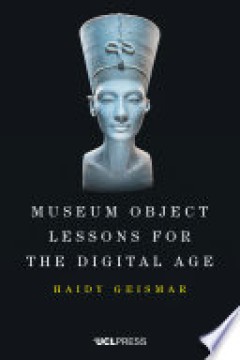
Museum object lessons for the digital age
Museum Object Lessons for the Digital Age explores the nature of digital objects in museums, asking us to question our assumptions about the material, social and political foundations of digital practices. Through four wide-ranging chapters, each focused on a single object – a box, pen, effigy and cloak – this short, accessible book explores the legacies of earlier museum practices of colle…
- Edition
- -
- ISBN/ISSN
- 9781787352810
- Collation
- XV, 141 p.
- Series Title
- -
- Call Number
- 069.5 GEI m
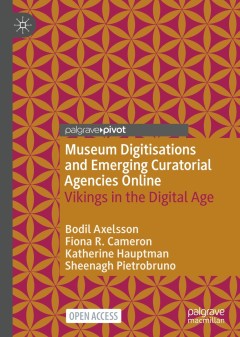
Museum digitisations and emerging curatorial agencies online : vikings in the…
This open access book explores the multiple forms of curatorial agencies that develop when museum collection digitisations, narratives and new research findings circulate online. Focusing on Viking Age objects, it tracks the effects of antagonistic debates on discussion forums and the consequences of search engines, personalisation, and machine learning on American-based online platforms. Furth…
- Edition
- -
- ISBN/ISSN
- 9783030806460
- Collation
- xv, 138p ; ill
- Series Title
- -
- Call Number
- 069.53 MUS m
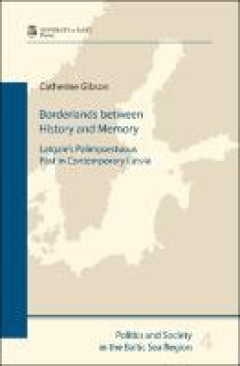
Borderlands between history and memory : latgale's palimpsestuous past in con…
This book offers innovative perspectives on the intersections between history and memory in Central and Eastern European borderlands. It focuses on the case of Latgale, the multicultural region of eastern Latvia which borders Russia, Belarus and Lithuania, and explores the multiple layers of memories and historical narratives about this borderland in Latvian public history. Based on a detailed …
- Edition
- -
- ISBN/ISSN
- 9789949772964
- Collation
- 192 p.
- Series Title
- -
- Call Number
- 504.9.L37 CAT b
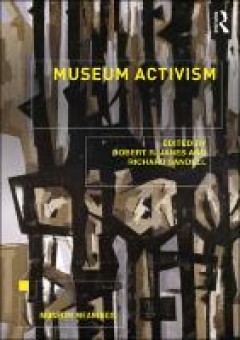
Museum activism
Only a decade ago, the notion that museums, galleries and heritage organisations might engage in activist practice, with explicit intent to act upon inequalities, injustices and environmental crises, was met with scepticism and often derision. Seeking to purposefully bring about social change was viewed by many within and beyond the museum community as inappropriately political and antithetical…
- Edition
- 13
- ISBN/ISSN
- 9781351251044
- Collation
- xxix, 406 p. : ill.
- Series Title
- -
- Call Number
- 069 JAN m
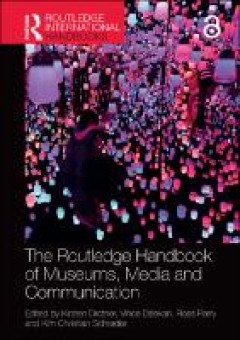
The routledge handbook of museums, media and communication
Museums today find themselves within a mediatised society, where everyday life is conducted in a data-full and technology-rich context. In fact, museums are themselves mediatised: they present a uniquely media-centred environment, in which communicative media is a constitutive property of their organisation and of the visitor experience. The Routledge Handbook of Museums, Media and Communicatio…
- Edition
- -
- ISBN/ISSN
- 9781317197447
- Collation
- xviii, 339p. : ill.
- Series Title
- -
- Call Number
- 069 SCH t
 Computer Science, Information & General Works
Computer Science, Information & General Works  Philosophy & Psychology
Philosophy & Psychology  Religion
Religion  Social Sciences
Social Sciences  Language
Language  Pure Science
Pure Science  Applied Sciences
Applied Sciences  Art & Recreation
Art & Recreation  Literature
Literature  History & Geography
History & Geography